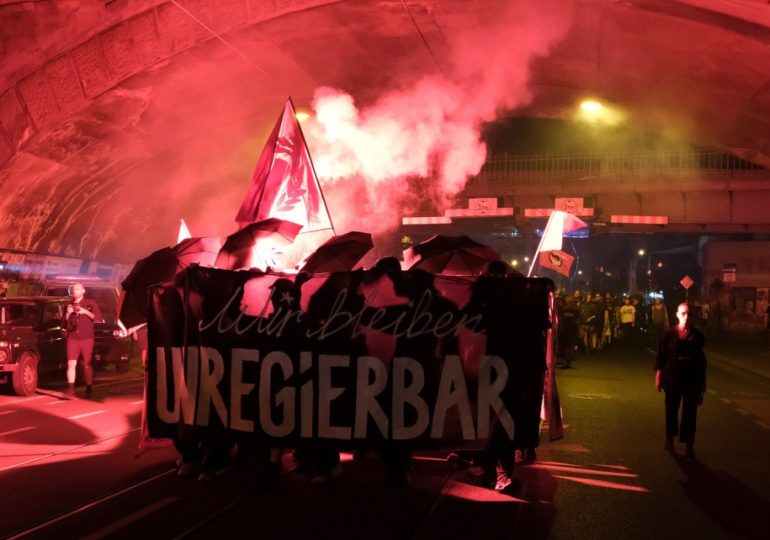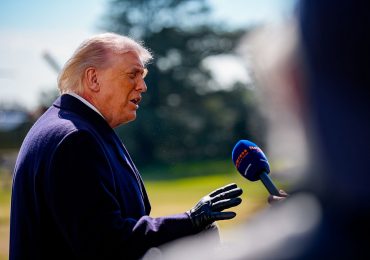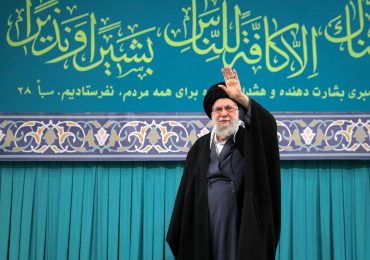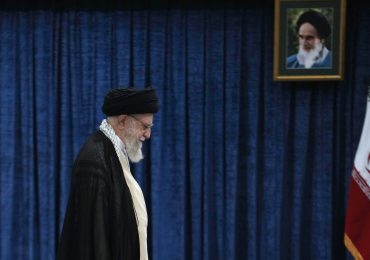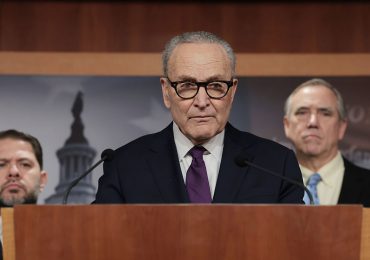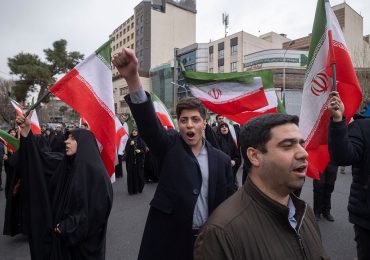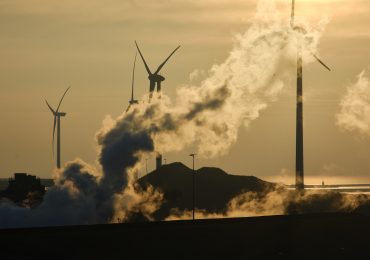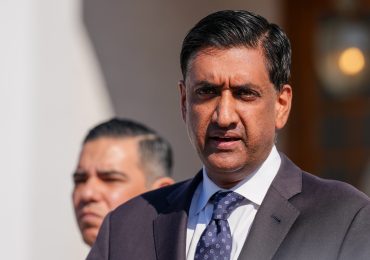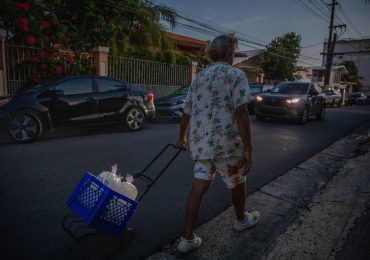FURIOUS riots have erupted across Germany overnight following the shocking win of a far-right party in a regional election.
The Alternative for Germany (AfD) celebrated a landmark win in a regional vote in two German states -marking the first time a far-right party won since World War II.
APProtesters marched through Dresden’s centre after AfD’s win[/caption]
Demonstrations broke out across Germany following the result
Rioters lit up flares to protest the shocking result
Furious protesters chanted “We are all anti-fascists”
The AfD, got the majority of votes in the eastern state of Thuringia on Sunday under one of its hardest-right figures, Bjoern Hoecke.
While in neighbouring Saxony, it finished only just behind the conservative Christian Democratic Union.
Chaos erupted in several German cities as masked demonstrators protested the result firing flares and chanting “We are all anti-fascists.”
Protesters took to the streets in Saxony’s capital Dresden, where the AfD was second with 30,6 per cent of the votes.
Demonstrators held banners and chanted slogans while marching through other German cities including Berlin, Hamburg, Leipzig and Erfurt.
The AfD’s win has sparked concern for Germany’s political landscape highlighting the gradual rise of the far-right party in Europe.
Various reasons have led to the support for populist parties in the country’s east including national government infighting, inflation, anti-immigration feelings and scepticism toward German military aid for Ukraine.
The party’s leader Bjoern Hoecke, is known across Germany for his controversial comments and for purposely quoting banned Nazi slogans in his speeches.
He declared that his party was the “people’s party in Thuringia” and hailed the “historic result” adding: “We need change and change will only come with the AfD.”
Hocke used a SA stormtrooper phrase in a campaign speech last December after using the same slogan in 2021.
He was fined twice totalling 30,000 Euros for for the usage.
Despite being the election winner in Thuringia, the AfD’s leader will struggle to put together a working majority, as other parties have repeatedly ruled out a collaboration with the AfD.
“We are ready and willing to talk to all parties,” the party’s co-leader Tino Chrupalla said, warning there would be “no politics without the AfD”.
But Sahra Wagenknecht, who heads the far-left BSW, said her party “cannot work together” with Hoecke and has long ruled out a coalition with the AfD.
Who are the AFD?
The party was founded in April 2013 ahead of that year’s federal elections in September.
Starting as an anti-euro party, the AfD was a reaction to the European debt crisis which had seen Germany bailout some of the EU’s struggling economies.
Their first manifesto called for less centralised powers in Brussels and the scrapping of the Euro currency.
But despite an impressive showing in the 2013 election – winning 4.7 per cent of the vote – the AfD failed to gain the five per cent needed to enter the German parliament.
The party filled the space left by Chancellor Angela Merkel’s conservative CDU which has shifted towards the political centre.
But while the AfD capitalised on Europe’s economic discord, it was Merkel’s reaction to the refugee crisis that propelled the far-right party into the Bundestag.
In 2017, the party shocked Europe and won 12.6 per cent of the vote, making it the third largest in the Bundestag.
But, in 2021, its vote share shrank down to 10 per cent as the CDU was voted out of power wand replaced by a left-wing coalition.
Currently, the AFD is polling second for next year’s election sitting with just under 20 per cent of the forecast vote.
ReutersProtestors in Erfurt after first exit polls in the Thuringia elections[/caption]
APBjörn Höcke, the AfD’s leader after his party’s win[/caption]
ReutersProtestors held banners reading “Always antifascist”[/caption]
Demonstrators holding a banner against the AfD’s leader
Opposition parties, including the AfD and the CDU seized the deadly stabbing in Solingen to criticise the government.
Three people were stabbed to death at a festival – by an allegedly illegal resident Syrian national whom authorities had failed to deport.
With a year to go until Germany’s national election, the results look punishing for Social Democrat Chancellor Olaf Scholz’s coalition.
All three parties lost votes, with junior partners, the Greens and Free Democrats, on the cusp of missing the 5% threshold needed to stay in parliament.
Bodo Ramelow, the premier of Thuringia, whose Left party was battered despite his personal popularity, said all democratic parties now had to work together.
“I am not fighting the conservatives. I am not fighting the BSW. I am fighting the normalisation of fascism.”
Rise of the far right in Europe
by Aliki Kraterou
Far-right parties have gradually been gaining more popularity sparking concern for political stability in the European scene.
A number of reasons have caused a surge in European populist right groups -from anti-immigration policies to alarming neonazi ideologies.
Several European countries have hard-right-wing parties in government, including Italy, Finland, Hungary, Croatia and the Czech Republic.
During the summer France came close for a far-right party to be in power after Marine Le Pen’s National Rally won the first round of a snap parliamentary election.
In Sweden, the Sweden Democrats is the second-largest force in parliament while in the Netherlands PVV leader Geert Wilders sealed a historic deal to form a far-right government.
And despite being under surveillance for its controversial views, the rise of AfD in Germany is indisputable, as it’s proved in the recent regional election.

